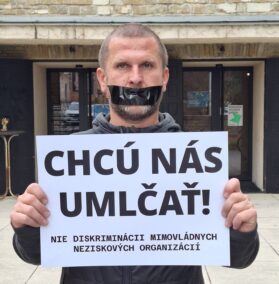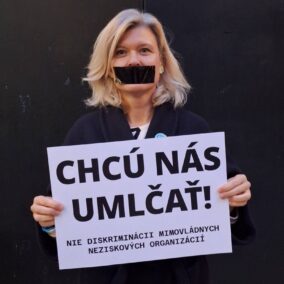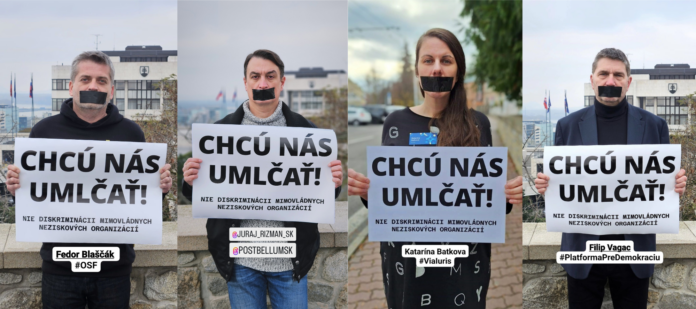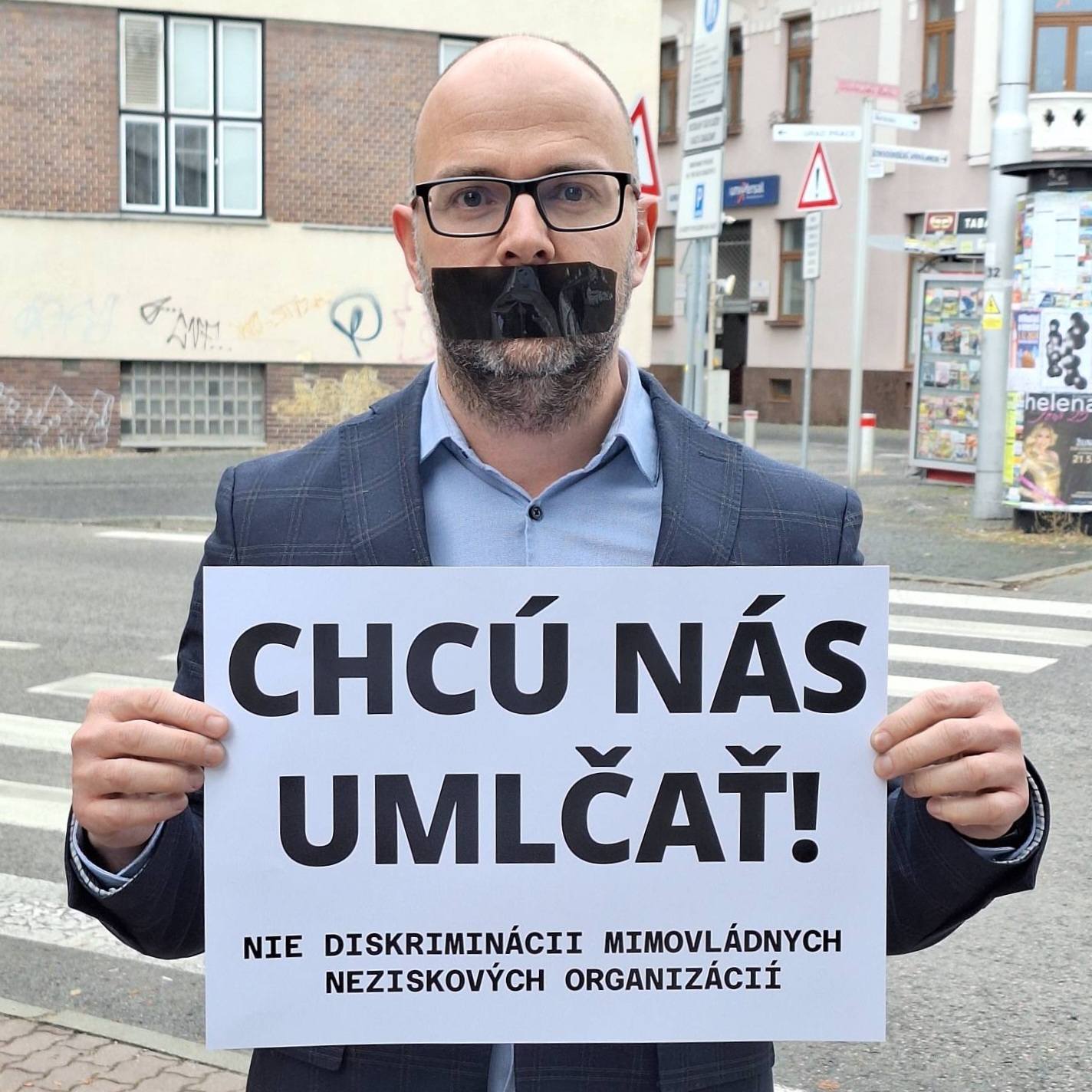Slovakia’s government is advancing a draconian law that would label advocacy NGOs as lobbyists, impose crippling sanctions, and create bureaucratic minefields to silence critical voices—all under the pretext of promoting transparency. Critics warn this move marks a chilling attempt to marginalise civil society, erode democratic freedoms, and align Slovakia’s policies with the authoritarian playbooks of Hungary and Russia. While the proposal faces likely rejection by the European Union, it signals Prime Minister Robert Fico’s relentless campaign to dismantle dissent and consolidate control.
The Slovak National Party (SNS) has introduced a controversial amendment in the National Council of Slovakia (NR SR), targeting NGOs through restrictive lobbying registration requirements. The proposal would classify organisations engaged in systemic reforms, legislative initiatives, or policy advocacy directed at state institutions—including the president, government, ministries, and other public bodies—as lobbying entities.
Discriminatory Impact and Bureaucratic Burden
If enacted, the law would obligate affected organisations to register as lobbyists and submit detailed reports on every interaction with government representatives. Failure to provide complete or accurate information could result in penalties, including fines or, in cases of repeated violations, organisational dissolution. Critics argue this framework is discriminatory, as it exempts corporate lobbyists, oligarchs, and firms that commonly influence legislative processes, singling out NGOs instead.
Broad Scope of Restrictions
The proposal would apply to all legal forms of NGOs, encompassing diverse sectors, including social, charitable, health, and educational organisations. Observers highlight that such a broad application could hinder the operational capacity of NGOs, deterring their participation in policy-making and advocacy.
Civil Society’s Outcry
Platform for Democracy, an advocacy group, has denounced the legislation as a deliberate attack on NGOs, describing it as an attempt to “bully and discriminate against” civil society. The group called on NR SR members to reject the amendment, labelling it a threat to democratic participation and public accountability.
This proposed law is part of a broader pattern of challenges facing Slovakia’s civil society, which has increasingly come under pressure from political actors. Critics warn that stigmatising and obstructing NGOs risks undermining democratic governance and public trust.















Source: Platform For Democracy | Facebook









